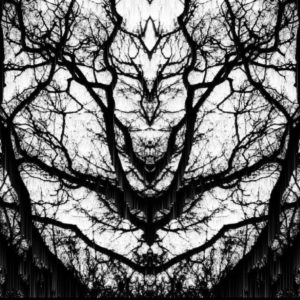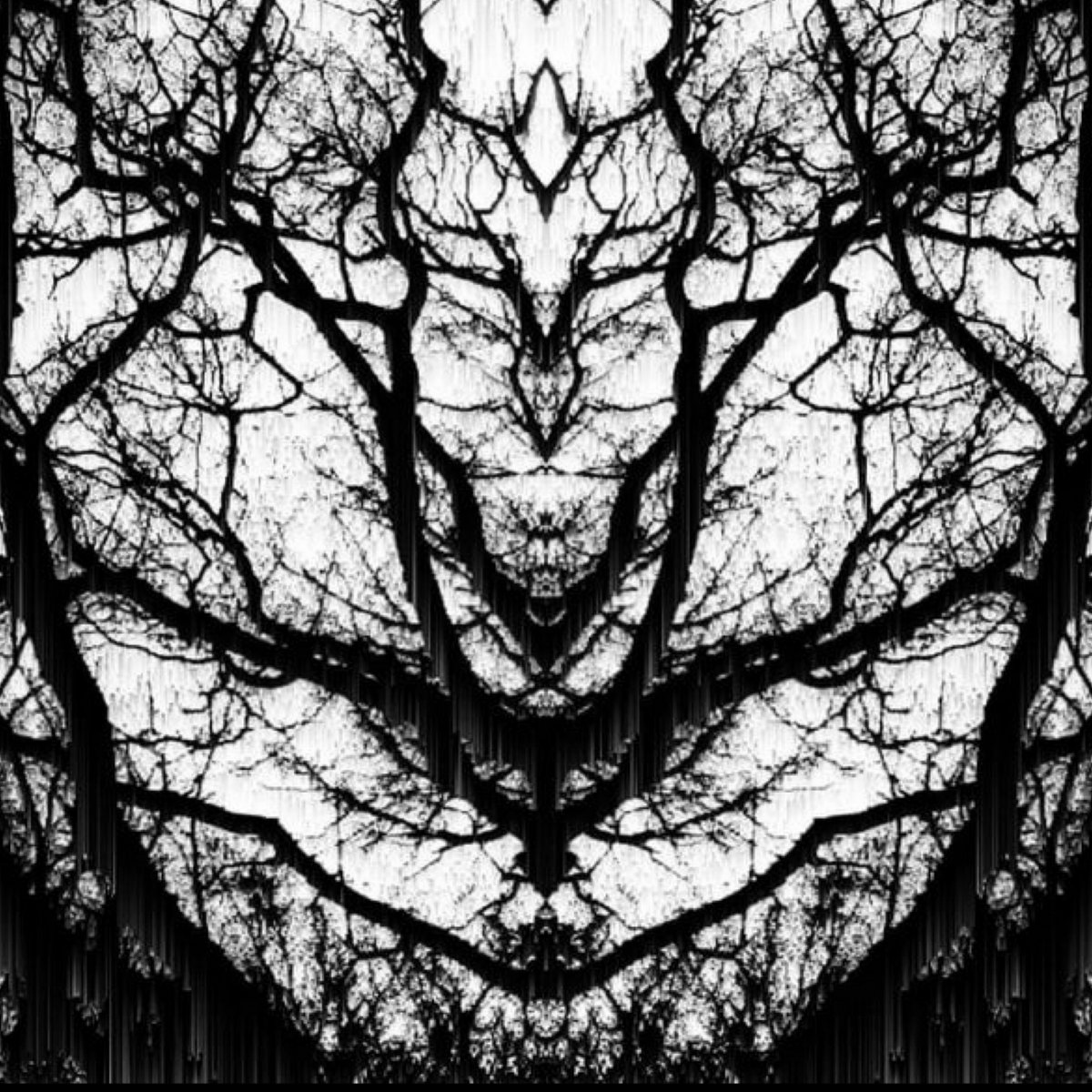
Blakmoth
Phantom Limb
self-released
It only takes a minute of listening to any of Phantom Limb‘s tracks to clock Maryland producer Blakmoth’s talent for high-grain sound design. But the record’s real power comes with repeated plays; a lingering, haunting sense of the familiar yet utterly immaterial brought about through drones, loops, and precise but minimal beats. Dedicated to the memory of his grandfather, who “with only one arm…could play the keys like he had 8”, Phantom Limb zeroes in on an uncanny intersection of presence and absence, both emotional and musical.
There are certainly some connections to be made between a record like Phantom Limb and dark ambient (for his own part, Blakmoth opts for “doombient”), but its compositional style eschews the sprawling vastness that genre usually aims for; listen to how intimate and proximal the slinky, almost fuzzy beats of the title track feel while an elegantly textured drone breathes cyclically nearby. Pär Boström’s Cities Last Broadcast project is perhaps the closest comparison I can think of within a pure dark ambient milieu, but while CLB uses archival recordings and crackle to conjure ghosts, Blakmoth summons them via wholly original sounds, hunting for just the right depth of bass frequency with which to begin the seance.
In compositions as minimal as Phantom Limb‘s, questions of modulation (if, when, and how much?) become paramount. While the single submerged bass loop of “A Want For Nothing” never breaks from its hermetically closed track, other pieces’ canny shifts feel all the more expressive and even lush in contrast. There’s an aching beauty to how the muted strings of “Strain” stretch and unfold, tapping into long-dormant feelings and memories as they are carried aloft by an emergent loping beat and whirling synth pulse. Abrupt cut-offs, rather than the expected fade-outs, often augment each track’s distinct sounds rather than allowing them to flow and bleed into one another.
In one of his countless writings on hauntology, Mark Fisher considers the doubled meaning of the term’s root word: “‘haunt’ signifies both the dwelling-place, the domestic scene and that which invades or disturbs it”. These apparent contradictions are deeply embedded in Blakmoth’s work: the memory of an absent limb becomes reified on record, with Blakmoth playing the notes his grandfather didn’t. Our lives are haunted by the memories of those who shaped them, but as Phantom Limb shows, sometimes those ghosts are the only company we can handle.






Trackbacks/Pingbacks